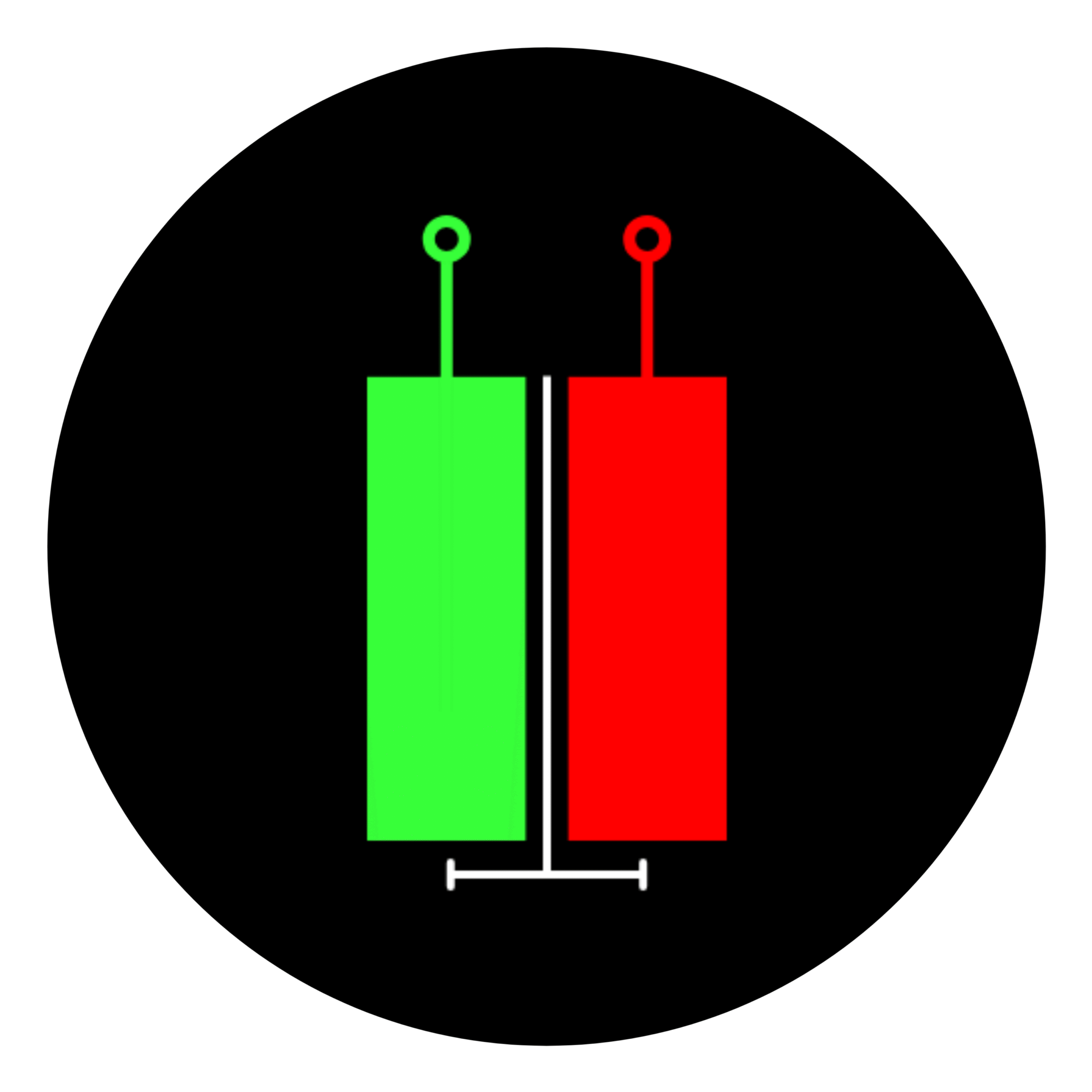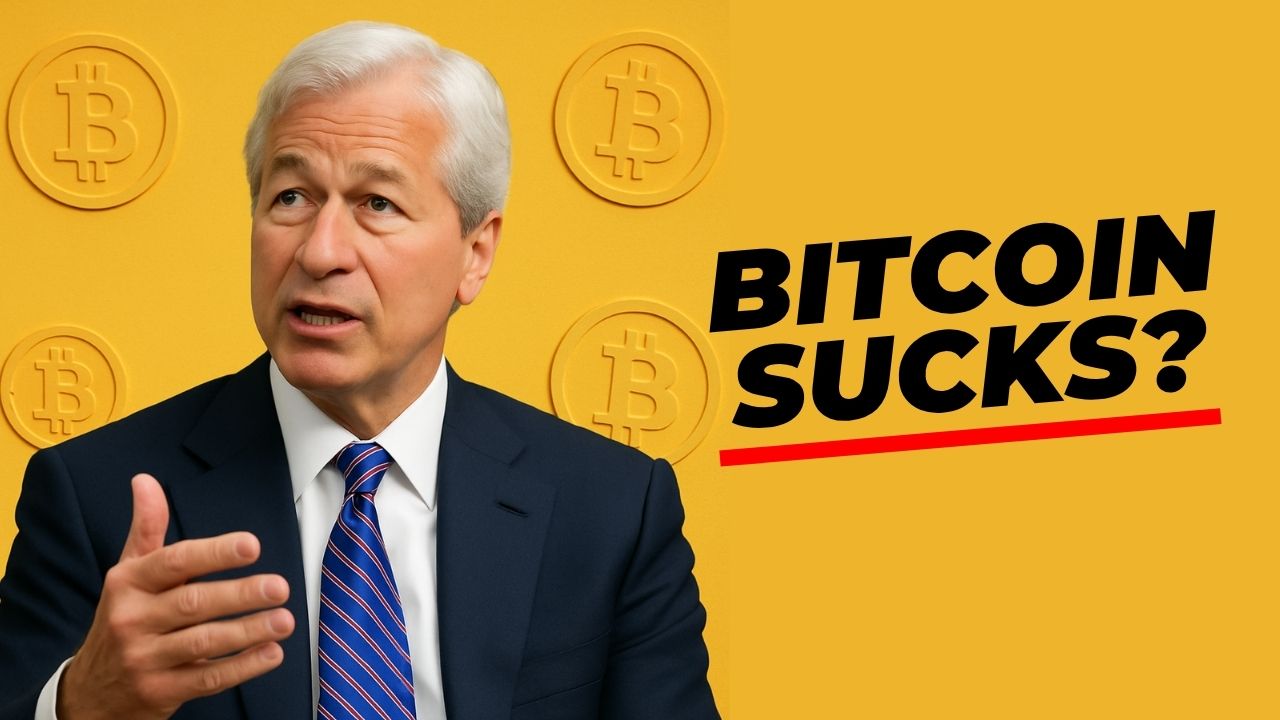The long-time JPMorgan Chase chairman and CEO, Jamie Dimon (CEO since 2005), has been one of the finance world’s most outspoken critics of Bitcoin.
A Wall Street legend worth about $2.5 billion, he’s alternated between harsh warnings and grudging acceptance. Over the past decade, Dimon’s public comments on Bitcoin have spanned from calling it a “fraud” to allowing his bank’s clients to buy it. Below is a year-by-year look at his major statements and how those remarks helped shape the conversation around crypto.
Also Read – The Very First Post You Should Read to Learn Cryptocurrency
2014: “Terrible Store of Value”
In early 2014, amid Bitcoin’s first boom, Dimon warned that the currency would struggle without government backing. Interviewed on CNBC, he famously said:
“It’s a terrible store of value. It could be replicated over and over… It doesn’t have the standing of a government,” Dimon said.
He went on to suggest that much of Bitcoin’s usage was tied to illicit activity and predicted regulators would clamp down. In other words, Dimon saw Bitcoin as speculative and unsustainable. His blunt language helped cement the narrative among traditional bankers that digital currencies were risky oddities, not serious money.
2015: “Bitcoin Will Not Survive”
By late 2015, Dimon doubled down on his critique. Speaking at a high-profile global forum, he declared that no decentralized currency could last. In his view, governments would eventually crush any money outside their control:
“This is my personal opinion, there will be no real, non-controlled currency in the world. There is no government that’s going to put up with it for long… there will be no currency that gets around government controls,” he said.
In short, he predicted Bitcoin “will not survive” in its pure form. Even so, he acknowledged the underlying blockchain technology had uses (saying it might be used to move U.S. dollars). But for Bitcoin itself, he saw a bleak future: a novelty destined to be stamped out by policy.
2017 (September): Fraud and Tulip Mania
Bitcoin’s meteoric rise in 2017 brought fresh ire from Dimon. In September 2017, he labeled it a fraud worse than a famous bubble. Speaking to reporters, Dimon quipped that the currency was “worse than tulip bulbs,” referring to the 17th-century market mania, and insisted he would sack any trader at JPMorgan who dabbled in it:
“Bitcoin is worse than tulip bulbs… It’s a fraud. It won’t end well,” Dimon said. He added that anyone “stupid enough to buy [bitcoin]” would “pay the price for it one day”.
These remarks went viral. They captured his combative tone – calling investors “stupid” and promising firings – and helped fuel a media narrative of Bitcoin being dangerous and unsound. (Ironically, Bitcoin continued to soar in price after these attacks, showing that market sentiment often ignored his warnings.)
2017 (October): “God Bless the Blockchain”
Just weeks later, Dimon appeared to soften his tone – at least about the technology. In mid-October 2017, JP Morgan itself launched a blockchain payments platform, and Dimon publicly lauded blockchain while still downplaying Bitcoin. He told CNBC:
“I could care less about bitcoin… The blockchain is a technology which is a good technology. We actually use it… God bless the blockchain. Cryptocurrencies, digital currencies, I think are also fine… If it can be done digitally with the blockchain, so be it,” he said.
This marked a subtle shift: Dimon distinguished between Bitcoin and its underlying tech. He said he didn’t personally care about Bitcoin’s price (“I don’t care,” he later repeated), but he praised distributed ledgers. In practice, JPMorgan began investing in blockchain research (while strictly forbidding its traders from touching Bitcoin).
2018: Regret (and Continued Disinterest)
In early 2018, after his blunt 2017 criticism, Dimon walked back one of his lines – but only slightly. He told Fox Business’s Maria Bartiromo that he regretted calling Bitcoin a “fraud,” yet he still wasn’t really interested in it:
“The blockchain is real… [Bitcoin] was always what the governments are gonna feel about bitcoin as it gets really big… I have a different opinion than other people. I’m not interested that much in the subject at all,” Dimon said.
In other words, he apologized for the tone but maintained skepticism. He stressed that banks had to follow regulations (unlike crypto). His stance in 2018 was effectively: Blockchain is useful and here to stay, but he personally wouldn’t invest in Bitcoin. This nuanced position indicated he saw value in DLT technology while remaining cold on crypto as an asset.
Also Read – 3 Important Differences Between Cryptography and Blockchain
2021: Bitcoin is “Worthless” (But Watch for Regulation)
Fast forward to late 2021, when Bitcoin again hit record highs. Dimon continued to warn against retail investors treating it as serious money. At an Institute of International Finance conference, he predicted governments would step in and said bluntly:
“I personally think that bitcoin is worthless,” Dimon said. “No matter what anyone thinks about it, government is going to regulate it… they are going to regulate it for (anti-money laundering) purposes, for tax,”.
His message: Bitcoin has no intrinsic value and must face much tighter oversight. Still, around this time JPMorgan quietly began easing its stance. The bank announced in 2021 that it would allow its wealth-advisors to trade certain crypto funds for clients (even as Dimon publicly called it “worthless”). Thus, privately the bank was shifting, even if Dimon’s public line remained mostly negative.
2023: Senate Hearing – “I’d Close It Down”
By 2023, regulatory scrutiny of crypto had intensified (following the collapse of Terra, FTX, etc.), and Dimon was back in the news for anti-crypto comments. During a Senate Banking Committee hearing in December 2023, he told Senator Elizabeth Warren that Bitcoin’s only use case was illicit:
“I’ve always been deeply opposed to crypto, bitcoin, etc. … The only true use case for it is criminals, drug traffickers… money launderers, tax avoidance,” Dimon said. “If I was the government, I’d close it down.”.
His statement drew headlines. Again he painted Bitcoin as mainly a tool for crime. At the same time, he argued that because crypto operated outside traditional finance, it lacked safeguards. These comments underscored that even in late 2023, Dimon saw crypto as a threat more than an opportunity. (Notably, his remarks came just as optimism about a U.S. spot Bitcoin ETF had suddenly sent prices higher – showing that market dynamics can buck even high-profile criticism.)
2024: “Pet Rock” and Ponzi-Like Criticism
At the 2024 Davos World Economic Forum, Dimon offered a particularly colorful critique. According to reports, he likened Bitcoin to a “pet rock” – a useless fad – and suggested it resembled a Ponzi scheme. As CoinTelegraph summarized:
“In 2024, at the World Economic Forum in Switzerland, [Dimon] likened Bitcoin to a ‘pet rock’… and also suggested Bitcoin lacked intrinsic value, implying it functioned like a Ponzi scheme.”
These remarks reinforced his narrative that Bitcoin itself offers little real utility. By this point, even as many large institutions began to hedge into crypto, Dimon remained a vocal skeptic – albeit slightly more resigned to the fact that major players (and clients) were embracing it.
2025: JPMorgan Opens Crypto Access and Dimon Opposes U.S. Bitcoin Stockpile
On May 19, 2025, at JPMorgan’s annual Investor Day in New York City, Jamie Dimon announced that the bank would allow customers to buy Bitcoin through exchange-traded funds (ETFs). He told shareholders:
“We are going to allow you to buy [bitcoin],” Dimon said, adding, “We’re not going to custody it. We’re going to put it in statements for clients.”
This marked a significant shift for a bank whose CEO had once vowed to “fire” any employee dealing with crypto in 2017. Dimon clarified that JPMorgan would facilitate Bitcoin trading via ETFs but not hold the coins itself, reflecting a cautious approach. Despite the move, he remained skeptical, stating he is “not a fan” of Bitcoin due to its use in illicit activities like money laundering, sex trafficking, and terrorism.
He acknowledged client demand with a pragmatic analogy: “I don’t think you should smoke, but I defend your right to smoke. I defend your right to buy Bitcoin. Go at it.” This concession—comparing Bitcoin to smoking (unhealthy but legal)—showed Dimon prioritizing investor choice over personal reservations.
Just days later, on May 30, 2025, at the Reagan National Economic Forum in Simi Valley, California, Dimon doubled down on his skepticism, opposing President Donald Trump’s March 2025 executive order proposing a U.S. strategic Bitcoin reserve. He argued for prioritizing military resources over digital assets, stating:
“We shouldn’t be stockpiling bitcoins,” Dimon said. “We should be stockpiling guns, bullets, tanks, planes, drones, you know, rare earths… If there’s a war in the South China Sea, we’ve got missiles for seven days.”
This remark underscored Dimon’s view that Bitcoin lacks strategic value for national interests, reinforcing his consistent critique of its utility despite JPMorgan’s client-facing crypto services.
Over the years, Jamie Dimon’s comments have often made headlines. His strong warnings about Bitcoin shaped the way many people in the mainstream viewed it — as a risky bubble. But despite his words, the crypto market mostly ignored him.
Take late 2023 for example — while Dimon was calling for a ban on Bitcoin, optimism about a possible Bitcoin ETF was pushing prices up again. Big players like BlackRock and Fidelity started showing serious interest, and that began to change the old idea of Bitcoin being an outsider asset.
Also Read – I Created the Best Bitcoin Guide You’ll Ever Read
Now in 2025, analysts see Dimon’s recent shift as a sign that things are changing. JPMorgan allowing its clients to trade Bitcoin through ETFs was seen as a big moment by crypto fans. On social media platforms like X, many people in the crypto space celebrated the move as proof that Wall Street’s attitude is finally softening. Still, just days later, Dimon made it clear he’s not fully on board-speaking out against the idea of the U.S. holding a Bitcoin reserve. It’s clear he’s trying to balance what his clients want with his own belief that Bitcoin doesn’t really have any deep or lasting value.
Impact on Perception
Dimon’s tough talk arguably helped fuel skepticism among banks and some investors for years. Each time he railed against Bitcoin, it made headlines and may have steered more cautious players away from crypto. But in practice, his effect on prices was mixed. Many Bitcoin holders pointed out that the coin often rallied despite (or even because of) his criticism.
In 2025, JPMorgan’s decision to offer Bitcoin ETF access, even as Dimon opposed a national Bitcoin reserve, shows how much sentiment has shifted. In short, Jamie Dimon’s shift from calling Bitcoin a “fraud” and “pet rock” to allowing client trades in 2025, while dismissing its strategic value, reflects Wall Street’s evolving view on crypto.
This article is for informational purposes only and does not constitute financial advice. Readers should exercise proper care, verify information with primary sources, and consult financial advisors before making investment decisions. We are open to corrections and encourage feedback to ensure accuracy.

